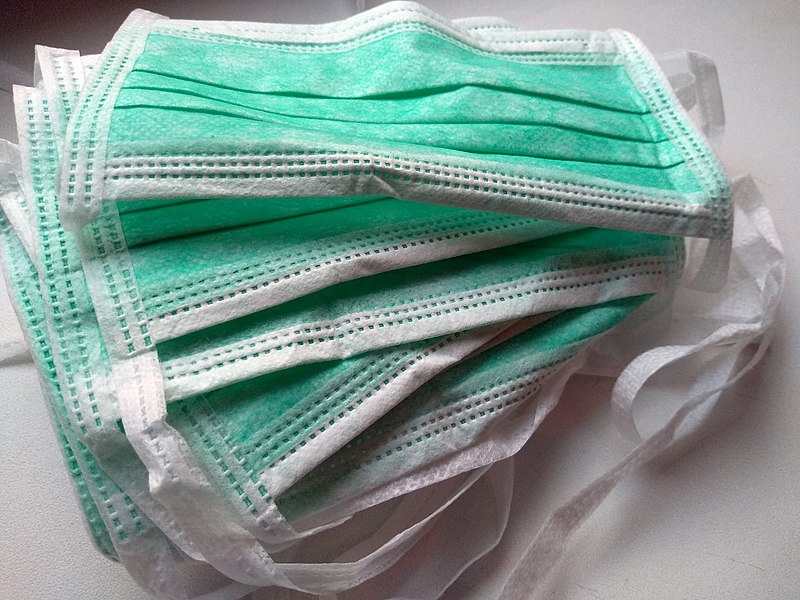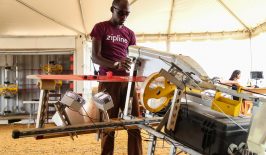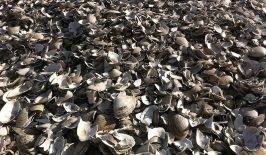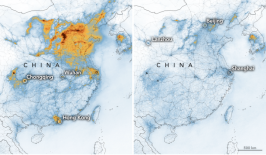Located in the small town of Châtellerault near Tours, the startup Plaxtil has been collecting disposable face masks since the end of June – because they’ve come up with a way to recycle them, and turn them into a raw material for new products. One of the company’s principles is that production should be local and not outsourced abroad. According to the company’s own information, Plaxtil has already recycled 70,000 masks with the help of collection points set up in local supermarkets.
In the autumn of 2019, the company’s two founders, Olivier Civil and Jean-Marc Neveu, were planning to recycle old clothing, processing it to create a new type of plastic called “Plaxtil”. However, like many companies around the world, when the coronavirus broke out, the French startup’s strategy change, and Civil and Neveu switched to recycling single-use, surgical style masks instead, which are usually made from plastics like polypropylene.
Quarantine for face masks
Just like people who may have come into contact with a person infected with the coronavirus, the masks first have to be quarantined – for four days. Afterwards, the disposable masks are shredded into pieces and irradiated with UV light. In this way, the startup ensures that the mask remnants are germ-free. Those small mask fragments are then shredded down even further and mixed with a binding agent to produce the company’s “Plaxtil” plastic product. The newly obtained raw plastic material is currently being used to produce plastic visors, but it can also be used to make other products.
Most countries don’t have a recycling system like this in place, and are currently investigating different options for reuse or recycle of these kind of disposable masks – which are being bought, used and thrown away in huge numbers all around the world. The WWF has expressed concerns about the incorrect disposal of these kinds of one-use masks, saying “If even just 1% of the masks are disposed of incorrectly (…) this would result in 10 million masks per month. Considering that the weight of each mask is about 4 grams this would lead to the spread of over 40 thousand kilograms of plastic.”
The best long-term solution so far seems to be to use reusable fabric masks instead (wherever possible, of course), washing them regularly and avoiding the single-use ones completely. But if you do need to use single-use ones now, until more nationwide, or local, recycling systems are brought in, the best way to dispose of them is to place them in normal residual waste or litter bins. Recycling bins shouldn’t be used, as they’re not recyclable and putting them there puts unnecessary strain on the recycling industry.
This is a translation of an original article that first appeared on RESET’s German-language site.





